The final round of elections was a contest between two right-wing candidates, resulting in a huge null vote.
The final round of elections was a contest between two right-wing candidates, resulting in a huge null vote.
Bolivia chose its president, ending a long phase of leftwing governments. What is the reason for this result, and what is to be expected in the country’s future? We asked these questions to Adolfo Leigue Mendoza, a Bolivian politician, intellectual and a long-term member of the South American supranational PARLASUR parliament.
How do you evaluate the elections? Did the right-wing win?
Yes, because there was no left-wing political organization in the elections. I firmly maintain that not only in Bolivia, but internationally, lawfare, judicial warfare, has gained political centrality. I could say it’s the continuation of politics, judicial warfare, and it’s at the heart of the electoral dispute in general. But there’s a change compared to the previous situation under lawfare, because it’s not just about banning candidates like Evo or Cristina, but about banning popular movements through the judicialization and criminalization of social protest.
This operated in Bolivia, starting with an agreement about the self-extended magistrates who formed an alliance with the government of Luis Arce, the right wing, precisely to ban left-wing candidates.
Last president Luis Arce being part of the right wing?
It’s the new right wing, it’s the new right wing. Therefore, the very meaning of democracy is at stake. I also maintain that, based on all of this, there is a model being implemented of a domesticated, tutelary, almost neo-censitary democracy.
And in Bolivia, the real contest in the second round was between someone with ideological affinity to the US Republican Party, Tuto Quiroga, and someone with ideological affinity to the more conservative sectors of European social democracy and the Democratic Party, Rodrigo Paz.
It’s as if the electoral system were suddenly reverted to colonialism. The competition is between, then, the Republican and Democratic parties of the United States. Ideologically speaking, with an added ideological element in the case of Tuto Quiroga, who is the heir of Hugo Banzer Suárez and therefore represents the fascist right. And Rodrigo Paz, son of Jaime Paz, is the heir to the agreement that Jaime Paz made with Hugo Banzer Suárez at some point.
How will this change Bolivia’s plurinational project regarding policies, social integration, and integration of the people’s sectors?
They are going to try to dismantle absolutely all the social policies that have benefited the Bolivian people. However, there is a circumstance: they can no longer dismantle the plurinational state in construction. But the plurinational state can also have a reactionary face. The type of state in Bolivia is also at stake in a long transition process that is not yet complete, and I don’t think it will be soon. The other central element of the elections in Bolivia was the large percentage of null votes.
One can trace the history of elections in Latin America over the last 50 years and find that there hasn’t been a single instance of a null vote of nearly 20%. In Bolivia, the null vote, in terms of percentage relative to the total votes cast, ranked second nationally. In Bolivia, with nine departments, it ranked first in Cochabamba with over 30%, doubling the combined votes of the two right-wing candidates who will advance to the second round. The null vote came in second in three other departments, third in three more, and fourth in the remaining departments. Therefore, it’s not merely a symbolic vote; it speaks to a very weak moment for representative liberal democracy itself, one that will impact the subnational, local, and regional elections in Bolivia to be held in March of next year. The null vote was the most frequent in 152 municipalities, and Bolivia has 343 municipalities, meaning it was slightly less than half.
Therefore, it is foreseeable that there will be a political condition of resistance against the right wing in Bolivia, but starting from the local governments.
What does it mean that in the next local elections this null vote will also be present in some form, either through candidates or by rejecting them, but until then, in everyday political life, how will it be expressed? Will it be visible practically?
Yes, it will be coordinated with local candidates, regardless of the party affiliation, because some affiliations have a local reach while others are national. It represents a solid base of support, a preference stemming from Evo Morales’ leadership. It’s a solid base of support, so it’s highly likely that this resistance, based on this core support, will be expressed in the municipal elections.
Some criticize that Evo Morales was influenced by the US Democrat Party, or people close to it. What do you think?
This is a very superficial analysis. Marx said, we are more children of our history than of our parents. Therefore, basing the entire analysis on the interplay of personal egos is very weak analytically. What happened within the MAS and PSP parties, beyond the fact that the government hijacked and stole the party’s name from Evo Morales, represents insurmountable ideological differences. The government of Luis Arce Catacora did not dismantle the policies initiated by the government of Jeanine Áñez regarding public administration. In reality, one could say there is a kind of continuity there, and therefore, there are entirely distinct political and ideological differences in economic management. The root of this is precisely the ideological difference, Luis Arce is Lenín Moreno to the tenth degree.
And what governability do we have to expect, given the null votes and all that.
So, in the liberal interpretation of democracy, that is in formal terms, there will be governability, because these two political factions are of the right, plus the third placed candidate Samuel Doria Medina also from that spectrum. Hence, in terms of executive power, there will be governability, with two thirds of the national assembly.
depend on the agreements the Executive can make, whoever wins, with a majority and two-thirds in the legislative assembly.
A different picture occurs when going beyond the liberal interpretation of governability, and this will be played out in the streets and in what happens with the municipal elections.







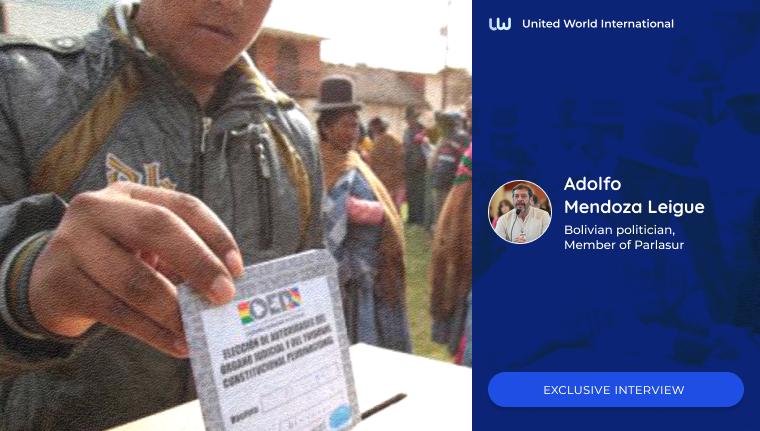
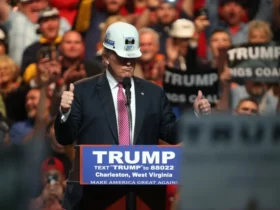
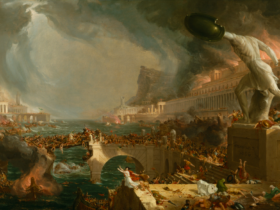

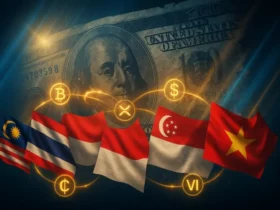
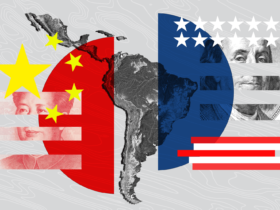


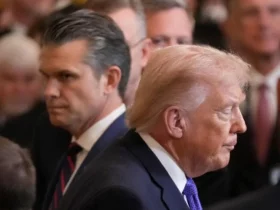

Leave a Reply